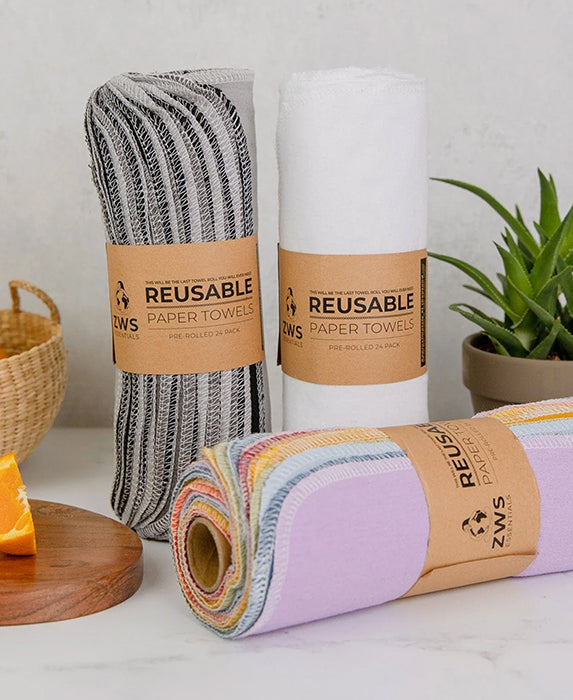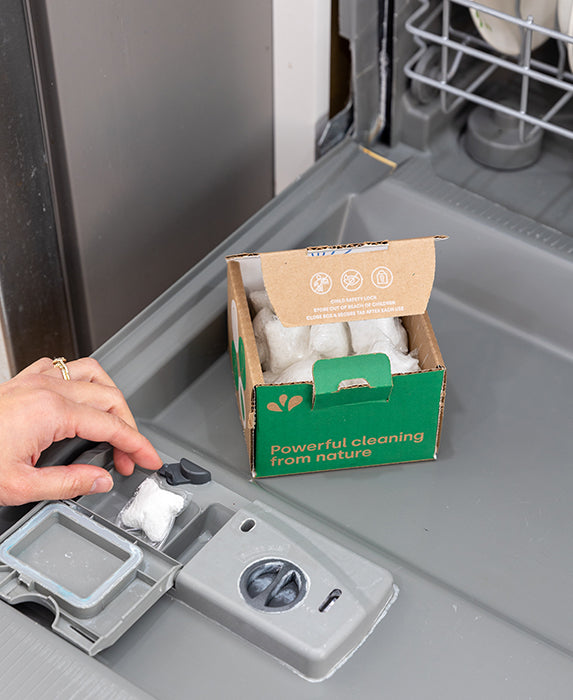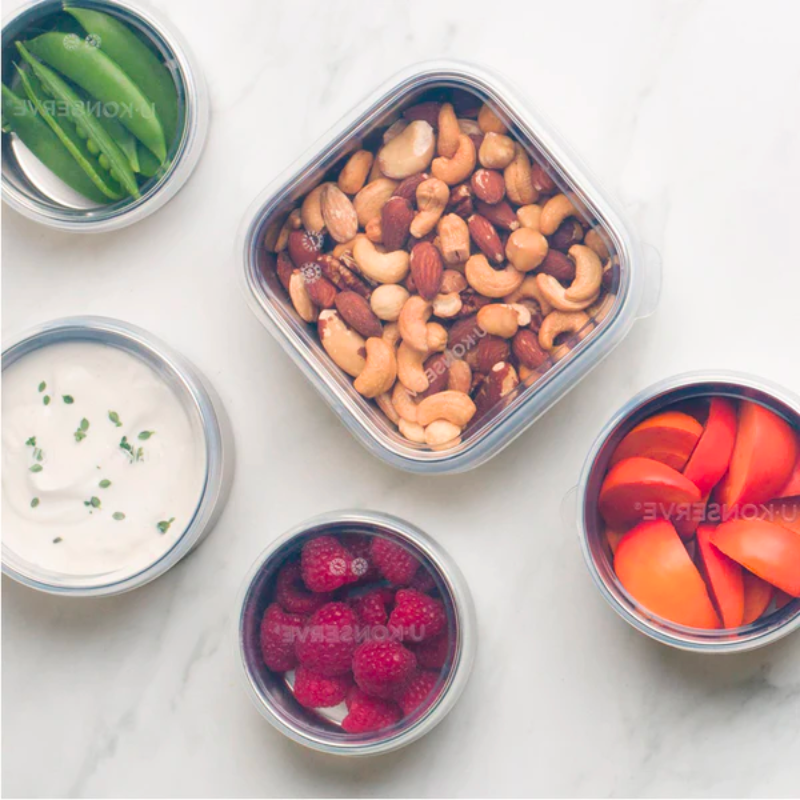Food waste is a global issue that not only impacts our wallets but also has significant environmental consequences.
According to the
Food and Agriculture Organization of the United Nations, approximately one-third of all food produced globally is wasted. That's
more space in our landfills than any other material!
What really happens when you toss out your food scraps?
Sending food scraps to the landfill might not seem like a huge deal because food decomposes...right?
Unfortunately, when organic matter decomposes in landfills, it gets trapped among all the plastic and non-organic matter, prohibiting it from correctly distributing nutrients into the soil.
This is a bummer in itself, but to make it worse, the process creates and releases methane, a greenhouse gas that is roughly 23 times more harmful to the environment than carbon dioxide.
Fortunately, there are simple steps we can take to minimize food waste and make a positive impact on the planet. In this article, we will explore nine easy ways to reduce food waste and contribute to a more sustainable future.
1. Plan Meals and Create a Shopping List
Meal planning is an effective strategy to prevent excess food purchases and reduce waste. Before heading to the grocery store, take inventory of what you already have and plan your meals for the week accordingly. Create a detailed shopping list to avoid impulse buys and ensure you only purchase what you need.
2. Practice Proper Storage Techniques
Understanding how to store food properly can extend its shelf life and prevent spoilage. Keep fruits and vegetables fresh by storing them in the refrigerator or using breathable
veggie bags. Utilize
airtight containers to preserve leftovers and prevent them from going bad. Want more tips? Check out our article that shares
four steps to an organized kitchen.
3. Embrace Leftovers
Instead of discarding leftovers, embrace them as an opportunity for delicious meals. Get creative by repurposing leftover ingredients into new dishes or freezing them for future use. Leftovers can be transformed into tasty soups, stir-fries, or sandwiches, all while reducing food waste and saving time and money. Check out our article that shares
seven ways to use a silicone Stasher; they're perfect for storing leftovers!
4. Compost Food Scraps
If you are able to
compost in your backyard or have access to a community composting program,
composting food scraps is an excellent way to divert organic waste from landfills. Food scraps like fruit and vegetable peels, coffee grounds, and eggshells can all be composted to create nutrient-rich soil for gardening. Looking for tools to get started? Take a look at our
composting products.
5. Understand Expiration Dates
Expiration dates can be confusing, leading to unnecessary food waste. Differentiate between "sell-by," "best-by," and "use-by" dates to make informed decisions about food safety. Many products are still safe to consume after the indicated date, as these dates primarily indicate peak freshness rather than spoilage.
6. Practice First-In, First-Out (FIFO) Approach
When organizing your refrigerator and pantry, adopt the FIFO approach. Placing newly purchased items behind older ones ensures that older food gets used first, reducing the chances of things going bad or expiring. It can also be helpful to label containers clearly with what's inside and when to eat them by. Try using transparent food storage like clear
Stasher Bags or these
U Konserve to-go containers with
silicone lids.
7. Get Creative with Scraps
Transform food scraps into delicious meals and snacks. Vegetable peels can be roasted into crispy chips, while wilted herbs can be transformed into flavorful pestos. By using every part of an ingredient, you minimize waste and discover new culinary possibilities.
8. Donate Surplus Food
If you find yourself with excess food you won't consume before it spoils, consider donating it to local food banks or community organizations. This helps
reduce food waste while supporting those in need.
9. Spread Awareness
Share your knowledge and passion for
reducing food waste with others. Educate friends, family, and colleagues about the importance of mindful consumption and provide them with practical tips to implement in their daily lives.
Taking action to reduce food waste is not only beneficial for our wallets but also for the environment. By implementing these nine easy strategies, we can significantly minimize food waste and preserve our planet's resources. From planning meals and proper storage techniques to embracing leftovers and composting, each step contributes to a more sustainable future. Let's join forces!









